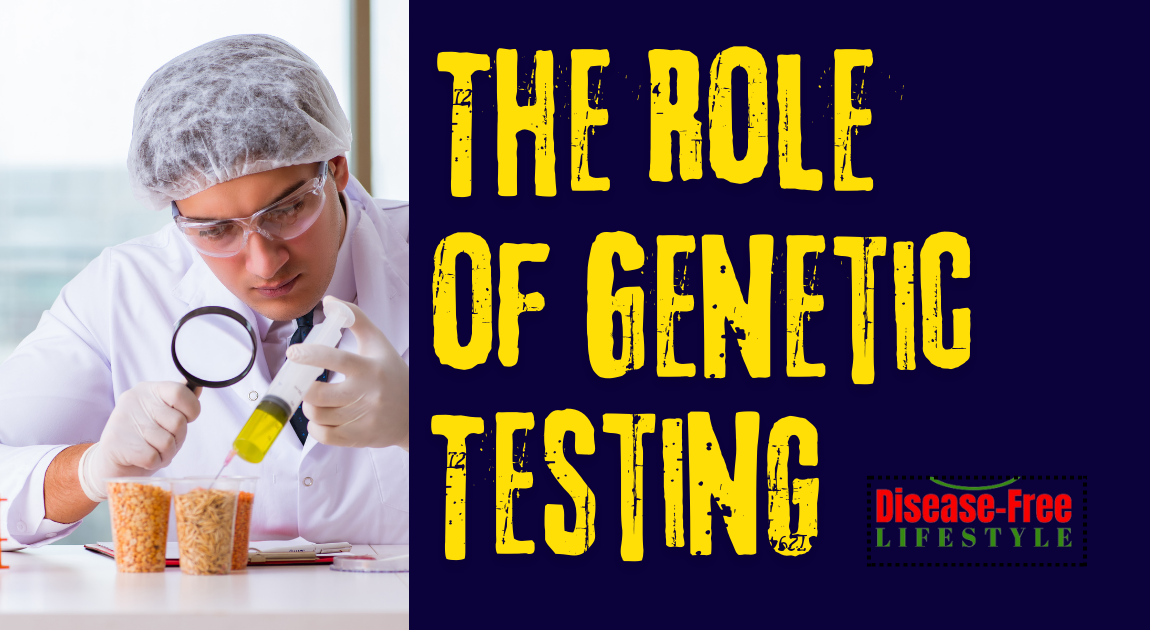The Role of Genetic Testing
Advances in medical science, particularly genetic testing, have revolutionized our approach to health and wellness though in today’s fast-paced world, maintaining a disease-free lifestyle is more critical than ever. Understanding the role of genetic testing in preventing disease can be a game-changer for those seeking to lead healthier lives.
What is Genetic Testing?
Genetic testing involves examining your DNA, the chemical database that carries instructions for your body’s functions. By analyzing specific genes, chromosomes, or proteins, genetic tests can identify variations that may increase the risk of developing certain diseases.
How Does Genetic Testing Work?
Genetic tests are usually performed using a sample of blood, saliva, or tissue. The sample is then analyzed in a lab to detect any genetic mutations. The results can provide valuable insights into your genetic predisposition to various health conditions.
The Importance of Genetic Testing in Disease Prevention
Prevention is better than cure. This age-old adage holds particularly true in the context of genetic testing. By identifying potential health risks early, genetic testing empowers individuals to make informed decisions about their health.
Personalized Healthcare
One of the most significant benefits of genetic testing is the ability to personalize healthcare. Genetic information can guide healthcare providers in tailoring prevention strategies, lifestyle recommendations, and treatment plans specific to an individual’s genetic makeup.
Early Detection and Intervention
Genetic testing can detect diseases long before symptoms appear. For example, individuals with BRCA1 or BRCA2 gene mutations have a higher risk of developing breast and ovarian cancers. Knowing this risk allows for proactive measures such as increased surveillance, lifestyle changes, or even preventive surgeries.
Family Planning
For those planning to start a family, genetic testing can identify carriers of genetic disorders, helping to make informed reproductive choices. This can significantly reduce the risk of passing on inherited conditions to the next generation.
Common Diseases Detected by Genetic Testing
Several diseases and conditions can be identified through genetic testing, including:
- Hereditary cancers: Such as breast, ovarian, and colorectal cancer.
- Cardiovascular diseases: Including familial hypercholesterolemia and certain cardiomyopathies.
- Neurological disorders: Like Huntington’s disease and certain types of dementia.
- Metabolic disorders: Such as phenylketonuria (PKU) and cystic fibrosis.
Genetic Testing and Lifestyle Modifications
Once genetic risks are identified, lifestyle modifications can play a crucial role in disease prevention. Here are some ways genetic testing can guide lifestyle changes:
Diet and Nutrition
Knowing your genetic predisposition to conditions like diabetes or heart disease can help you adopt a diet that minimizes these risks. For example, individuals with a genetic tendency toward high cholesterol can benefit from a diet low in saturated fats and high in fiber.
Exercise and Physical Activity
Genetic testing can reveal how your body responds to different types of exercise. This information can help tailor your fitness regimen to optimize health benefits and prevent injury.
Avoiding Environmental Triggers
Certain genetic profiles indicate heightened sensitivity to environmental factors such as tobacco smoke, pollutants, or specific allergens. Awareness of these sensitivities enables individuals to take precautionary measures to avoid these triggers.
Ethical Considerations and Privacy Concerns
While the benefits of genetic testing are significant, it’s essential to address ethical considerations and privacy concerns. Ensuring the confidentiality of genetic information and obtaining informed consent are crucial steps in the testing process.
Conclusion
Genetic testing is a powerful tool in the quest for a disease-free lifestyle. By providing insights into an individual’s genetic predispositions, it enables early detection, personalized healthcare, and proactive disease prevention. As technology advances, genetic testing will undoubtedly play an even more prominent role in shaping the future of health and wellness. Embracing this technology today can pave the way for a healthier tomorrow.










